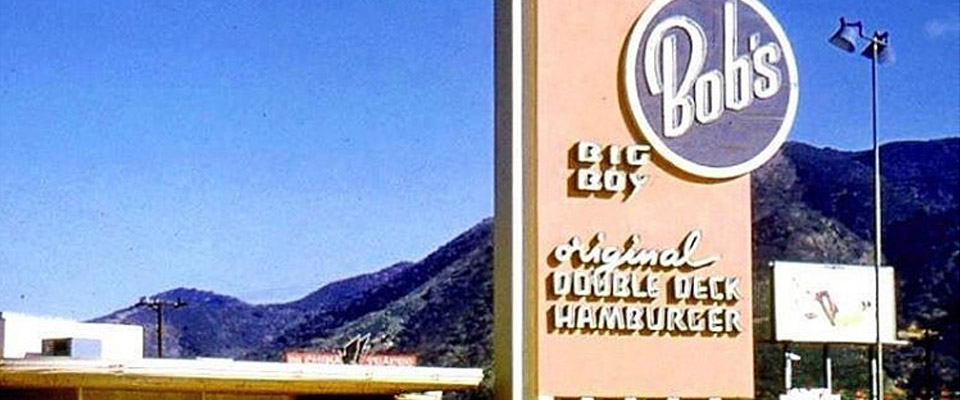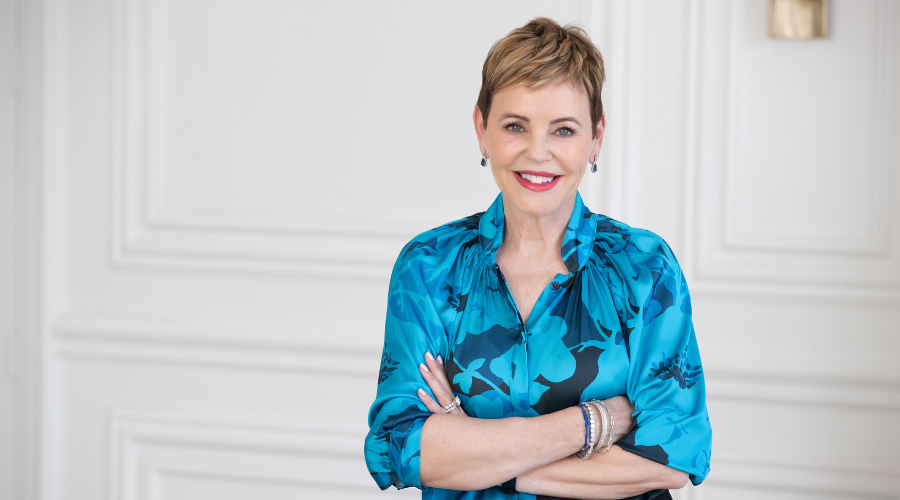Retirees talk a lot about how they should have spent more time with their friends and less time at work. Whenever I thought about this advice, I could sympathize, but not enough to take action and try to re-unite with old friends. Until this summer, that is, when a chance meeting, one lucky day in July, forced me to see the wisdom of these words.
My spouse and I had tickets to see the Scottish play, Macbeth, at the Stratford Festival. I’d never seen the play live. For me it’s the darkest of Shakespeare’s tragedies, teeming with witches and war, deposed kings and reigning tyrants. It’s about untamed ambition, unbridled power couples, rivalry, murder, remorse and madness.
At some primeval level it’s terrifying because at its core Macbeth is about the aggression humans harbor in their souls and how, sometimes, it plays out on the world’s stage. It’s also about hurting the ones you love.
As we drove toward the little town of Stratford, I marveled at Shakespeare. How did he know so much about us? How could he have intuited how little human beings would change in four-hundred years? I was eager to see the play, but plagued with a sense of foreboding.
We arrived in Stratford on a scorching Tuesday afternoon in July. The farmers’ fields were parched by weeks without rain. The landscape looked exhausted. And then, something magical happened. Three of my girlfriends from Windsor were sitting at a table in the restaurant when we arrived. Although I hadn’t seen my friends for forty-three years, I recognized them immediately and when I removed my dark glasses, they recognized me.
We spent the next twenty-four hours together. It was as easy as falling off a log. We had tickets to the same play; we were staying in the same hotel; we had dinner reserved for the same time at the same restaurant.
It happens, this falling apart, this coming loose from one’s beginnings. How well Shakespeare understood the human psyche.
Our conversation took up where we left off close to half a century earlier. The intimacy, the warmth was still there as well as the new recognition that each of us had come such a long way to arrive at the place we were at.
At times, when I was working in the House of Commons in Ottawa or in book publishing in Toronto, it felt like I’d landed on another planet. Doing a Ph.D. at Queen’s was a different galaxy.
My beginnings were modest, as they were for my friends. We grew up in Windsor on the border with Detroit. Back then Windsor was a tough, down-to-earth factory town of 250,000 that was benefitting from the post-war boom. Families purchased a new car from one of the big three automakers every four years and the city was on a thirty year high.
During the summer months, drag racing on Tecumseh Road was the real deal and the parking lot at the Big Boy hamburger joint was overflowing with hotrods. The boys we dated weren’t exactly bad, but they weren’t that high on our parents’ lists.
On Saturday afternoons, my girlfriends and I boarded the tunnel bus that whisked us under the River to shop at Detroit’s Hudson’s, the storied department store. On Saturday nights my boyfriend took me to the stock car races at the edge of town. There were Sunday drives in fast cars to the beach at Point Pelee, sunburns, and glimpses of the Hell’s Angels biker gang.
Our parents were small business owners in a town of shift workers and heavy drinkers. In comparison, they were the cautious children of immigrants (my own being immigrants themselves) and they were ambitious for us, encouraging us to go to university, even to leave town while many of our school chums stayed behind in Windsor.
What my girlfriends did was smart. They left town, but they remained in touch with each other and fellow students from high school. I didn’t.
Today my girlfriends are beautiful sixty year olds, with open hearts and inviting faces, smart and well informed. There isn’t one among them whom I wouldn’t be delighted to spend serious time with.
As a group they have endured broken marriages, hard-to-handle children, sadness and regrets, the death of parents and friends, and financial obstacles. All have loved deeply and raised families. They have studied and worked to get where they are. None of them live in Windsor, but are spread between Vancouver and Montreal. They’ve traveled the world and read widely.
Why did I let them go? Did they know me too well? Remember how terribly I struggled to get out from under the rules imposed by my household? Did I believe they would connect me to a life I was determined to forget?
A few weeks after our chance meeting, I am still trying to understand why my escape from home was all encompassing and so enduring. I think my failure was that I couldn’t find a way to put my new life together with my old one, nor did I realize how thoroughly we’re shaped by our beginnings, no matter how far we wander.
In the end, the most remarkable aspect of our chance meeting was not that we ended up in Stratford on the same day, but how little we’ve changed.
This time, I’m going to heed the advice of those for whom it is too late. Any takers?































